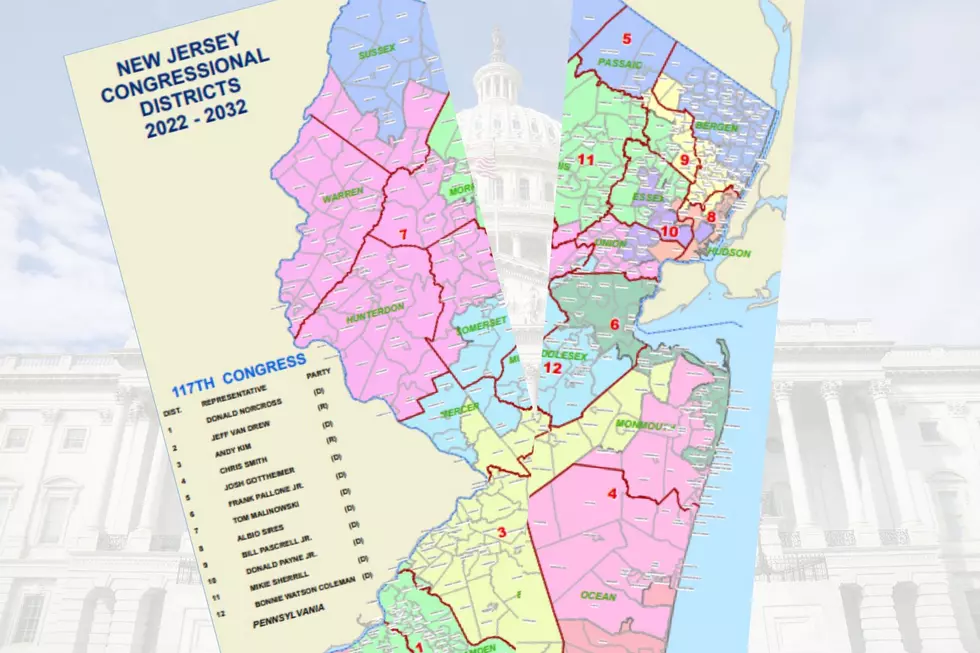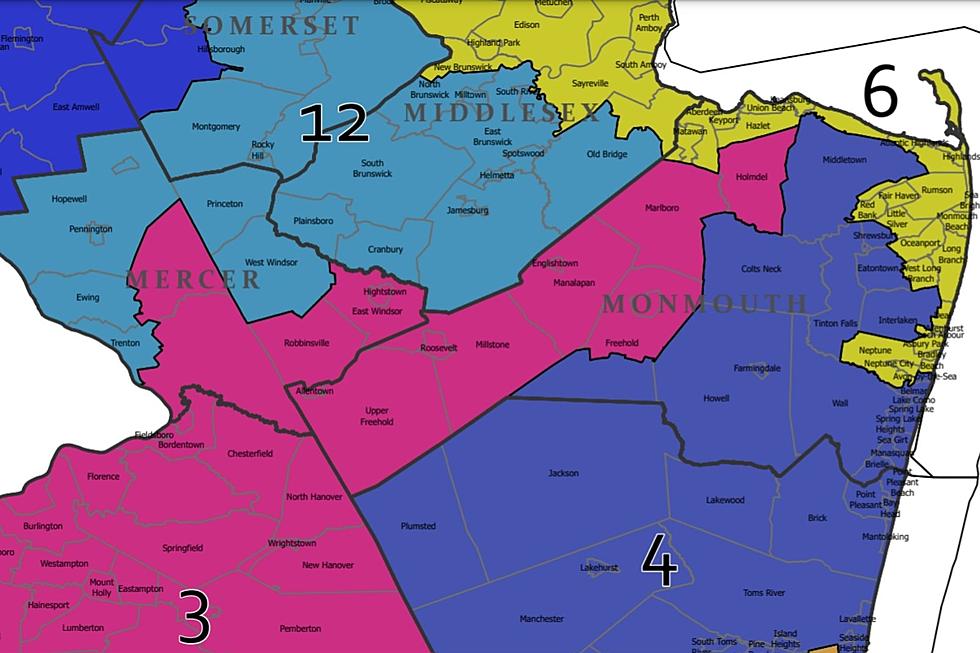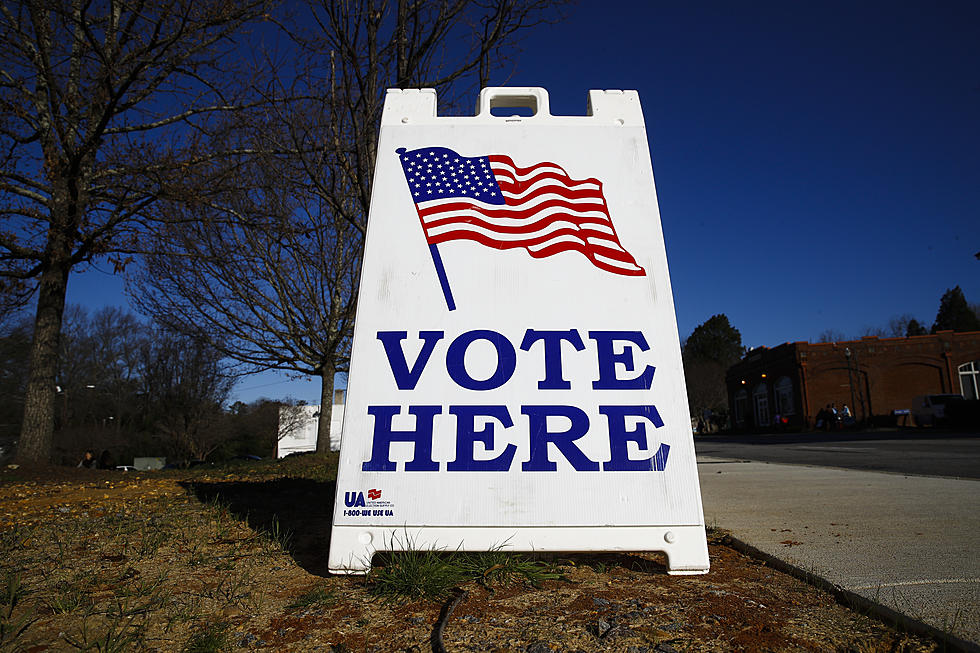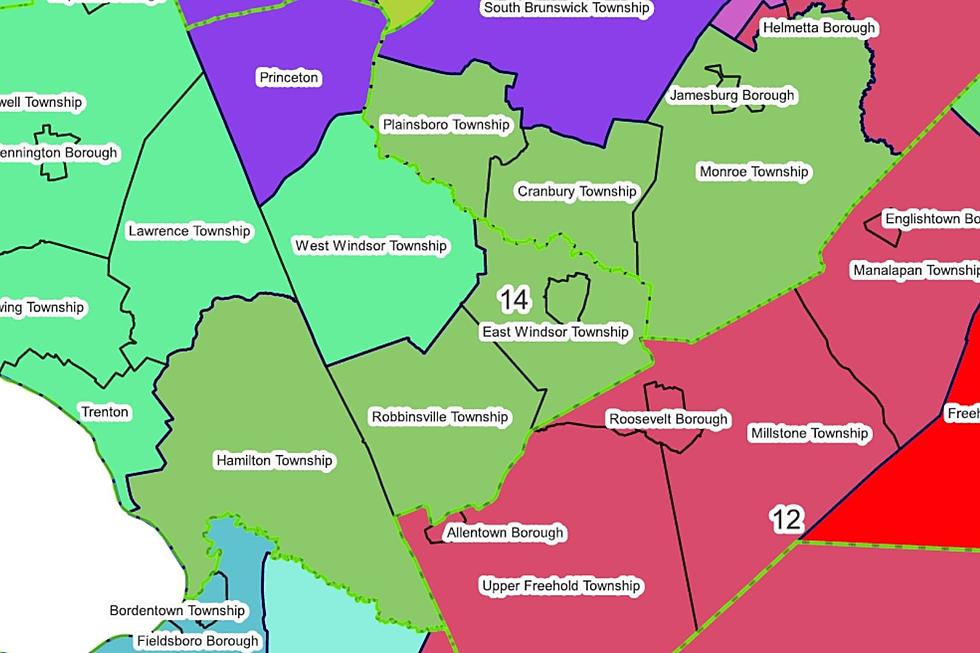
Why is voter turnout so low in NJ?
If you were among the registered voters in New Jersey who did not cast a ballot in November's mid-term elections, you are not alone.
In fact, voter turnout in the Garden State has been historically low in recent years. Despite the fact that U.S. Senator Cory Booker won his first full-term in Washington and that the state's Congressional seats were up for grabs, only 36 percent of registered voters turned out at the polls.
So why aren't people casting votes?
One political expert said there are a few reasons, including a lack of competition in many of New Jersey's races.
"We've seen a race for Governor with Chris Christie trouncing state Senator Barbara Buono and everyone knew who was going to win from the very beginning. We also had a race between Jeff Bell and incumbent Cory Booker. Everyone knew Booker was going to win. So, there wasn't any incentive in these top of the ticket races and that's probably one of the biggest reasons people aren't voting," said Ben Dworkin, political science professor at Rider University and director of the Rebovich Institute for New Jersey Politics.
It is also very expensive to run a statewide campaign in New Jersey where candidates have to advertise on network television stations based in New York City and Philadelphia, which are two of the most expensive media markets in the country.
"So, rather than invest $25 million in a race that is an uphill battle against a popular incumbent like Cory Booker, the parties are instead conceding the race and whatever money they raise, they put into other races where they think they can win and will have the best chance at protecting their incumbents from a threat," Dworkin said.
In addition, there has been a large increase in cynicism in government. Many people feel that no matter what they do, their voice will not be heard anyway.
"Sometimes people can't agree and what you see in Washington is that Democrats get elected to pursue a Democratic agenda and Republicans get elected to stop that agenda. So, nothing gets done. They feel that the reason they were elected was not to find compromise, but to simply prevent the other side from doing what they want to do if they aren't going to be able to get what they want done anyway. That dynamic leads to a very cynical electorate and that keeps people from voting as well," Dworkin said.
Some states are combating low voter turnout by changing the way things are done.
California is one state that has created an open primary system in an effort to draw more voters to the polls. It focuses on all candidates from both parties and the top two vote- getters have a run off. Those two can be from the same party. The downside is that it eliminates the voice of the minority party.
"It gives people a different option. It's an intriguing way of approaching elections and trying to create more voter enthusiasm. People will be watching the California model for a number of years to see how it plays out," Dworkin said.
More From New Jersey 101.5 FM









